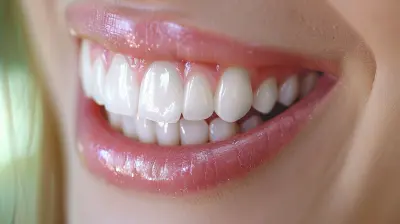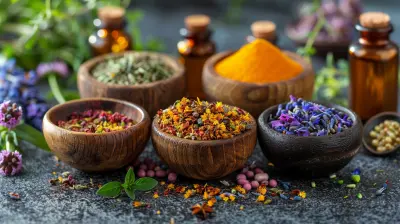Is Thirst a Reliable Indicator of Hydration Needs?
23 May 2025
Staying hydrated is essential for overall health, but how do we know when we need to drink more water? Many people rely on thirst as their primary cue for hydration. But is thirst a reliable indicator of hydration needs, or should we be more proactive about drinking water?
Let’s break it down and see if your body's thirst signal is really the best way to gauge hydration or if there’s more to the story. 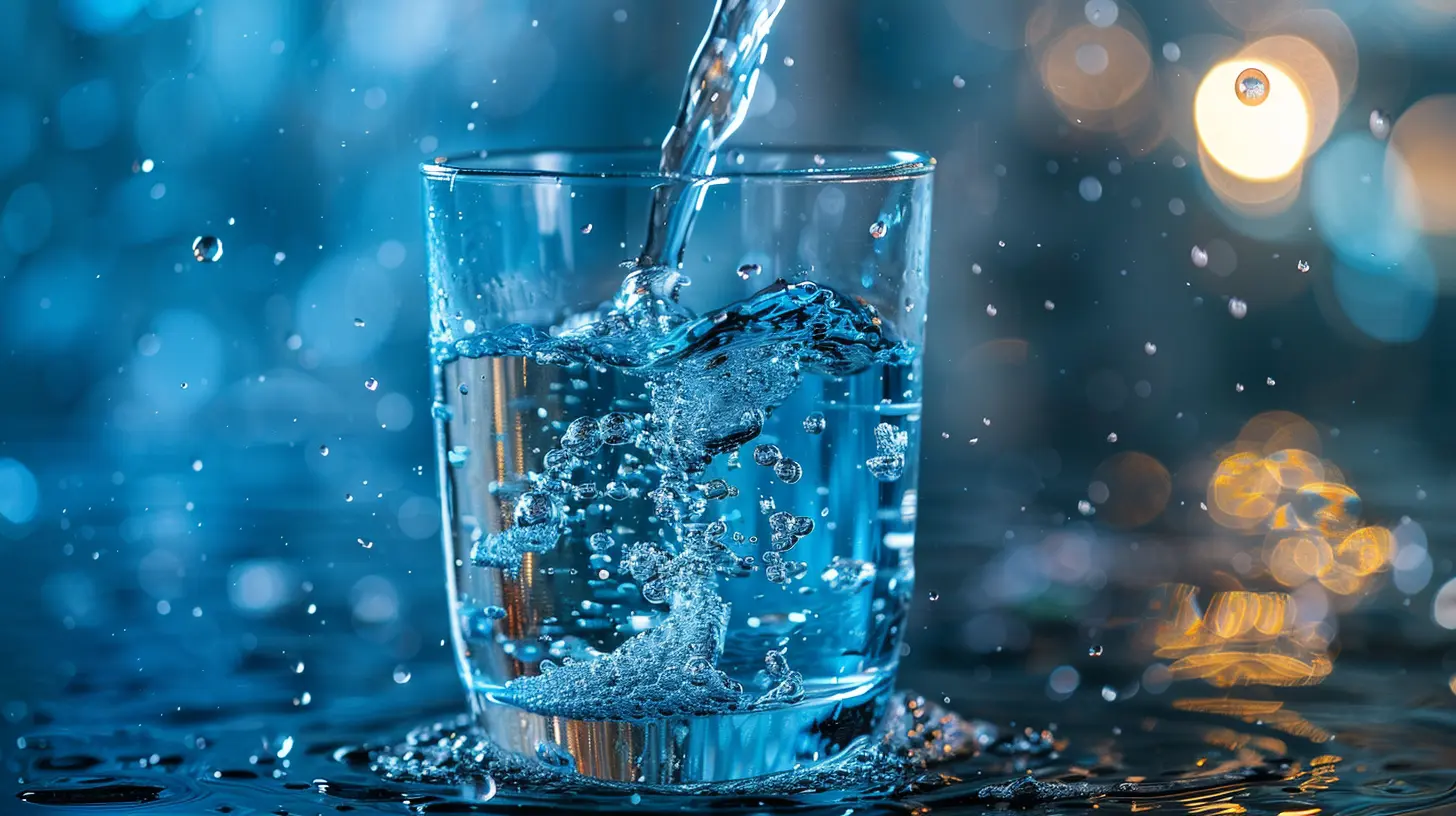
Understanding Thirst: Your Body's Alert System
Thirst is your body's natural way of signaling that it needs more fluids. Think of it as a low-battery warning—when your body senses dehydration, it sends signals to your brain, making you feel thirsty.This system is controlled by the hypothalamus, a region in your brain that monitors fluid balance. When your body detects a drop in hydration, it triggers the sensation of thirst, urging you to drink water and restore balance.
But here’s the catch—by the time you feel thirsty, you’re often already slightly dehydrated. That raises an important question: can we always trust thirst as an accurate indicator of our hydration needs? 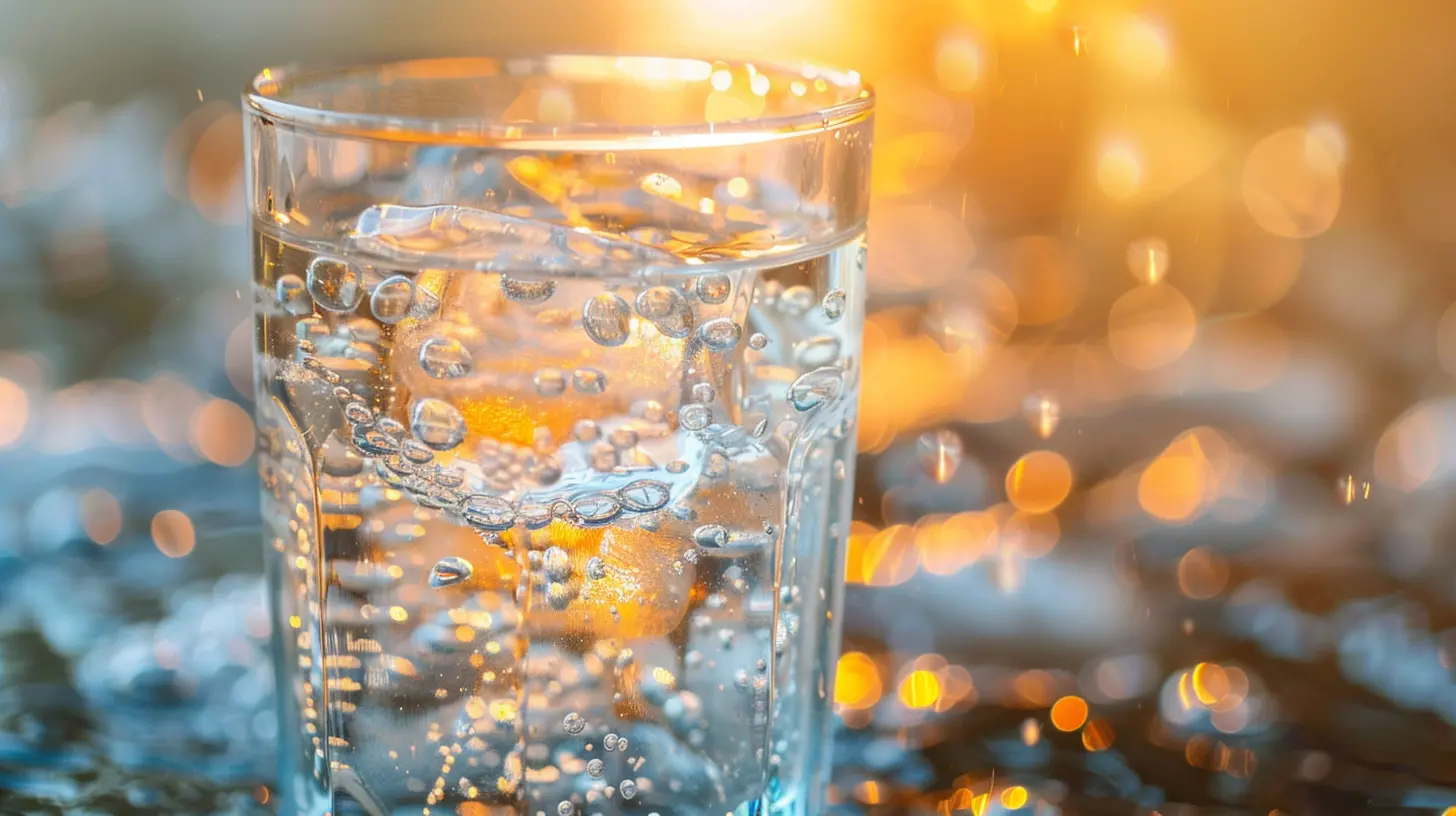
Why Thirst Alone May Not Be Enough
While thirst is an important signal, relying on it alone might not be the best strategy. Here’s why:1. Thirst Lags Behind Dehydration
Your body doesn't send thirst signals immediately when dehydration begins. In fact, you could lose a significant percentage of your body's fluids before you even feel thirsty.Think about it like a fuel gauge in a car—if your dashboard only showed low fuel after the tank was nearly empty, you'd have a problem. Similarly, waiting for thirst to remind you to drink may mean you're already running low on fluids.
2. Some People Have a Weaker Thirst Response
Not everyone experiences thirst in the same way. Factors like age, health conditions, and even lifestyle can affect how sensitive your thirst mechanism is.- Older adults often have a weaker thirst sensation, making them more prone to dehydration.
- Athletes and people who sweat a lot may lose fluids faster than their thirst can keep up with.
- People with certain medical conditions (like diabetes) may not always recognize dehydration as easily.
3. External Factors Can Mask Thirst
Ever been so busy that you forgot to drink water? Stress, distractions, and even certain medications can dull your thirst response. Plus, some beverages like coffee or alcohol can dehydrate you without making you feel thirsty right away.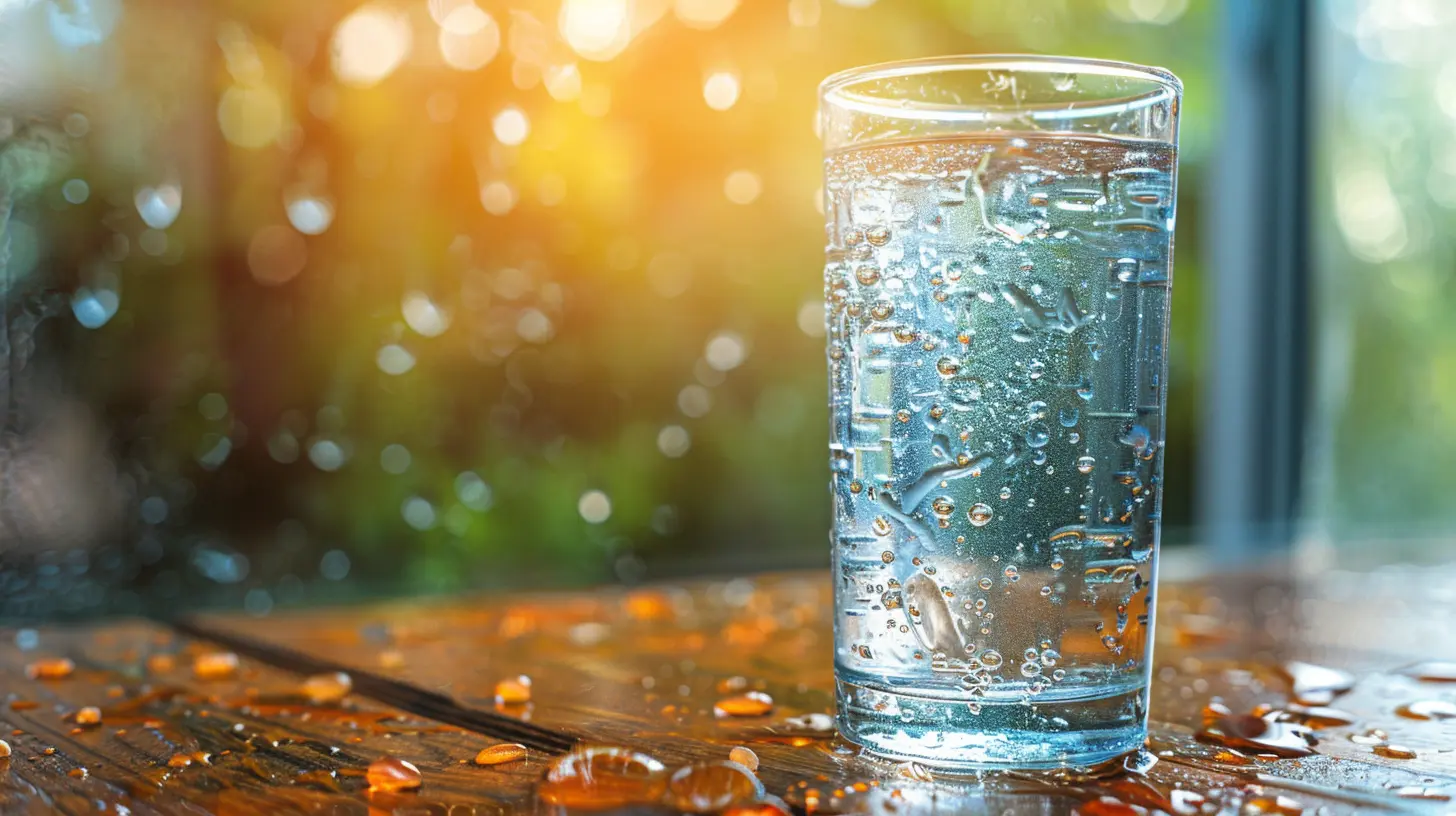
Signs You're Dehydrated (Even If You're Not Thirsty)
Because thirst isn’t always the best indicator, it’s important to watch for other signs of dehydration:- Dark yellow urine – Your urine should be light yellow; dark urine means you need more fluids.
- Dry mouth and lips – If your mouth feels like a desert, it’s time to hydrate.
- Fatigue and dizziness – Dehydration can zap your energy and make you feel lightheaded.
- Headaches – Sometimes, a mild headache is just your body crying out for water.
- Muscle cramps – If your muscles start tightening up, dehydration might be the culprit.
If you notice any of these signs, don’t wait—grab a glass of water! 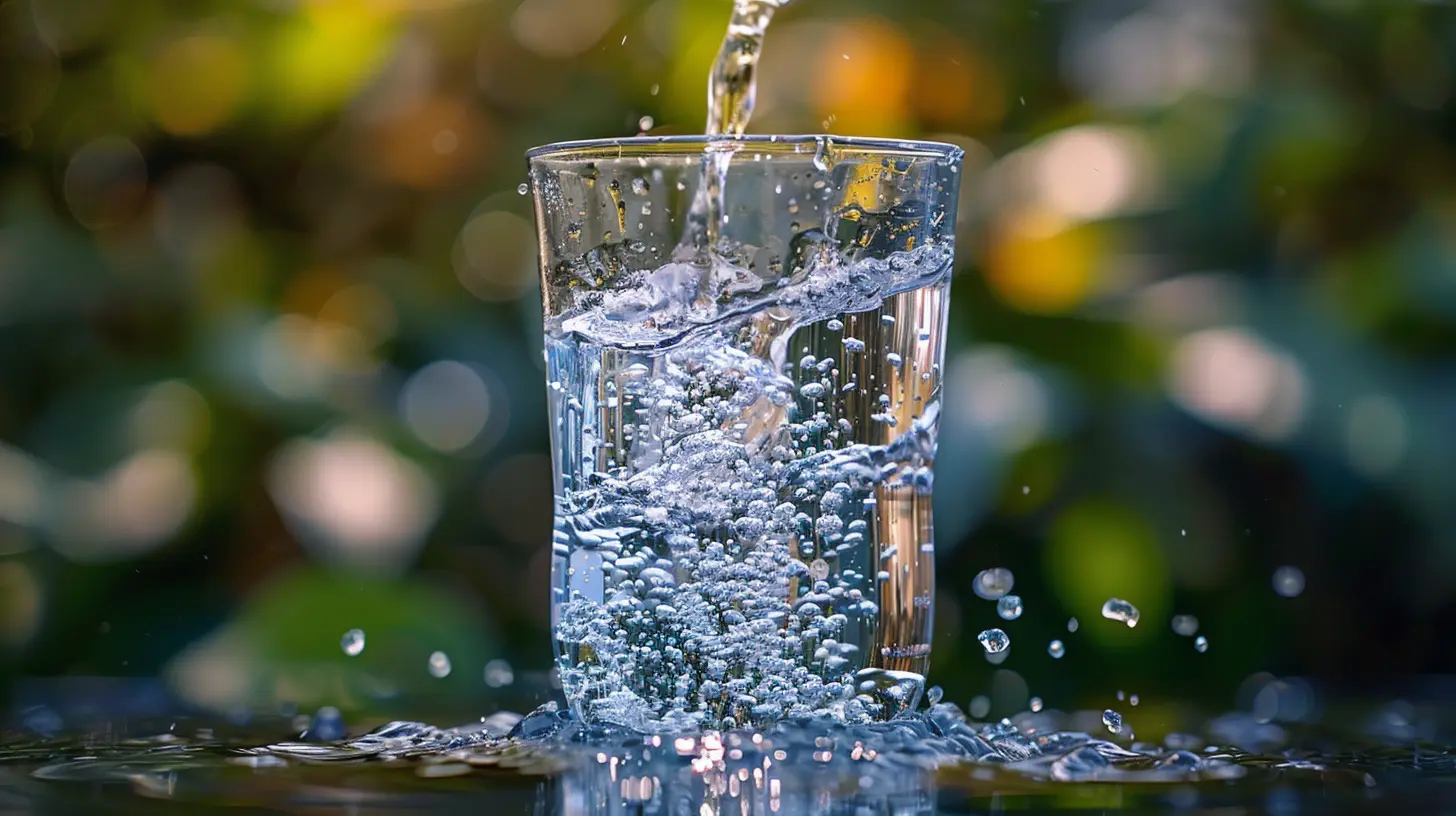
How Much Water Should You Actually Drink?
You’ve probably heard the “8 glasses a day” rule, but is that really enough? The truth is, your hydration needs depend on factors like age, weight, activity level, and climate.A good rule of thumb:
- Men should aim for about 3.7 liters (125 ounces) per day
- Women should aim for about 2.7 liters (91 ounces) per day
But remember, you don’t have to get all your fluids from water. Foods like fruits, vegetables, and soups also contribute to hydration.
Best Ways to Stay Hydrated (Without Relying on Thirst)
If thirst isn’t always reliable, how can you ensure you’re drinking enough? Try these simple strategies:1. Drink Water First Thing in the Morning
Instead of reaching for coffee right away, start your day with a glass of water. It kickstarts hydration before you even feel thirsty.2. Carry a Water Bottle Everywhere
Having a reusable bottle handy makes it easier to sip water throughout the day. Think of it as your hydration sidekick!3. Set Reminders
If you forget to drink water, set phone alarms or use an app to remind you.4. Eat Water-Rich Foods
Cucumbers, watermelon, oranges, and celery are packed with water and help keep you hydrated naturally.5. Pay Attention to Your Urine
Remember the light yellow rule—if your pee is dark, you're not drinking enough.6. Drink Before You Feel Thirsty
If you wait until thirst kicks in, you're already behind. Make hydration a habit, not an afterthought.Can You Drink Too Much Water?
Yes! While dehydration is a bigger concern for most people, overhydration (or water intoxication) can happen if you drink excessive amounts of water in a short period.This can dilute sodium levels in your blood, leading to a dangerous condition called hyponatremia. Symptoms include nausea, confusion, and swelling.
The key? Balance. Drinking water steadily throughout the day (rather than chugging large amounts at once) keeps your hydration levels just right.
Final Verdict: Should You Rely on Thirst?
While thirst is a useful guide, it’s not always the most reliable indicator of your hydration needs. By the time you feel thirsty, you may already be mildly dehydrated.Instead of waiting for signs of thirst, develop healthy hydration habits:
- Drink water consistently throughout the day.
- Pay attention to your urine color and other dehydration signs.
- Eat hydrating foods and carry a water bottle with you.
Your body does an incredible job of keeping itself balanced, but supporting it with mindful hydration is one of the best things you can do for your overall health. Stay ahead of thirst, and your body will thank you for it!
all images in this post were generated using AI tools
Category:
HydrationAuthor:

Jackson Mahoney
Discussion
rate this article
3 comments
Xena Riley
Great article! It's important to listen to your body, but remember that factors like activity level and climate also influence hydration needs. Stay mindful!
May 30, 2025 at 4:28 AM

Jackson Mahoney
Thank you for your insightful comment! You're absolutely right—activity level and climate play crucial roles in hydration. Staying mindful is key!
Danica Sharp
Thank you for shedding light on such an important topic! It’s vital to listen to our bodies, and understanding hydration cues can significantly impact our health. Your insights remind us to prioritize our well-being and make mindful hydration choices daily.
May 27, 2025 at 5:02 AM

Jackson Mahoney
Thank you for your thoughtful comment! I'm glad you found the insights helpful in emphasizing the importance of mindful hydration. Prioritizing our well-being is key!
Rowan Cross
Remember, listening to your body's signals is key to optimal hydration! While thirst can guide us, staying conscious of our water intake ensures we thrive. Let's make hydration a priority, fueling our bodies to feel our best every day. Cheers to health!
May 25, 2025 at 3:54 PM

Jackson Mahoney
Thank you for the reminder! Staying mindful of our hydration needs is essential for overall health and well-being.

